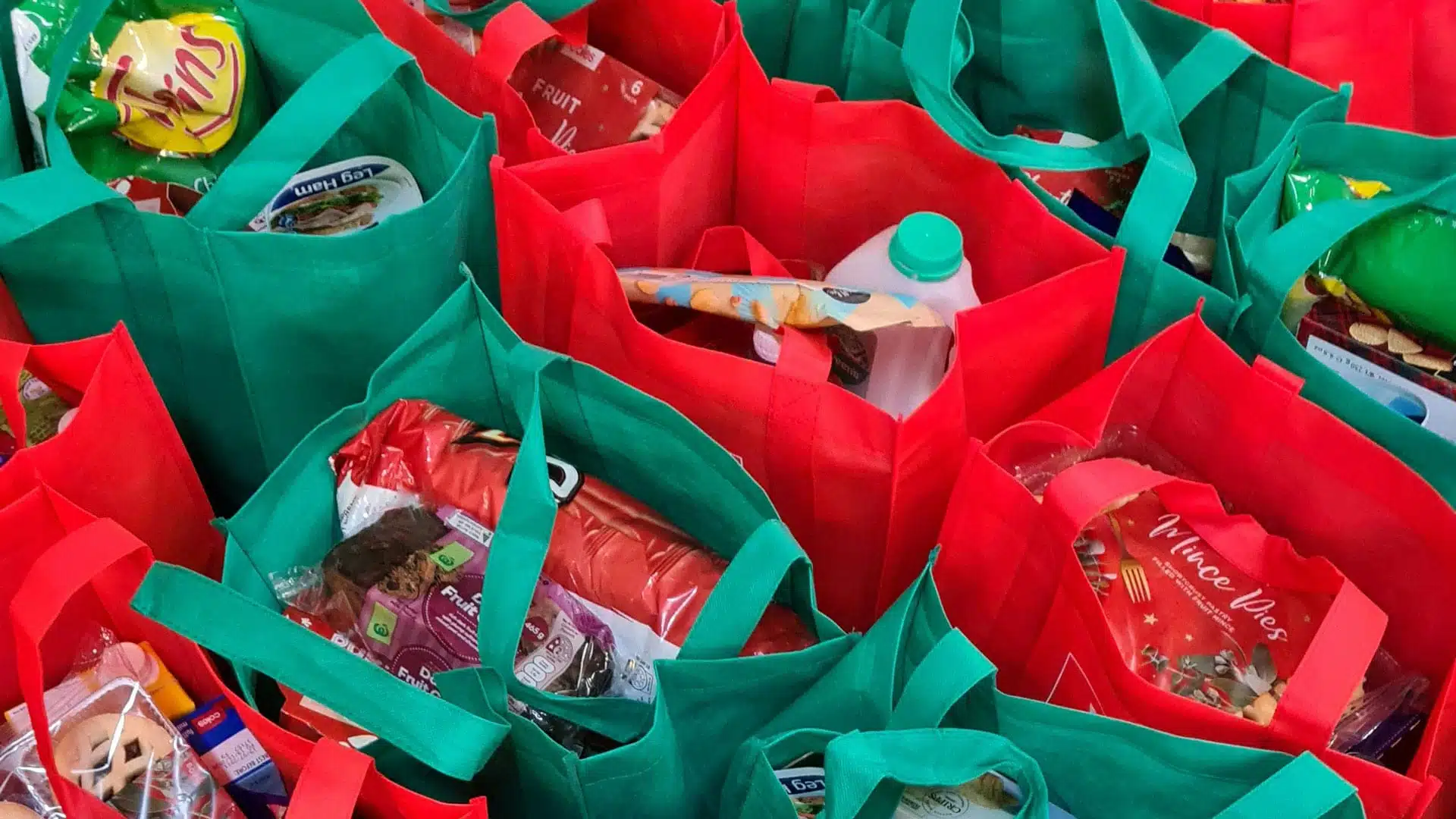For young Indigenous Canadians embarking on their post-secondary journey, navigating the challenges of balancing academics, expenses, and basic needs can be overwhelming. In times of financial strain, food banks can provide crucial support, ensuring that students have access to nutritious meals and ingredients. In this article, we will explore what food banks are, how to access them, and the resources available to help new post-secondary students, with a focus on young Indigenous Canadians.
What is a Food Bank?
A food bank is a community-based organization that aims to alleviate hunger and food insecurity by distributing food to individuals and families in need. They operate on the principle of food rescue and donation, where surplus or donated food is collected from various sources such as businesses, farms, and individuals. This food is then sorted, organized, and distributed to those facing food insecurity.
Accessing a Food Bank
- Research Local Food Banks: Begin by researching food banks in your local area. Look for Indigenous-led or community-based food banks, as they may have a better understanding of the specific needs and cultural preferences of young Indigenous Canadians.
- Contact Indigenous Student Services: Reach out to the Indigenous Student Services department at your university, college, or trades school. They can provide guidance and resources on accessing local food banks, as well as additional support services available to Indigenous students.
- Connect with Community Organizations: Connect with local Indigenous organizations or community centres that may offer food assistance programs or have partnerships with food banks. They can provide information on how to access food resources and any specific programs tailored to Indigenous students.
- Reach Out to Student Services: Contact your school’s student services department to inquire about any food support programs or initiatives they may have in place. They can provide information about on-campus food banks, meal vouchers, or emergency assistance programs available to students in need.
- Attend Student Community Events: Keep an eye out for student community events that focus on addressing food insecurity. These events often provide information about local resources and may even offer food assistance directly to attendees.
- Confidentiality and Respect: It’s important to remember that food banks prioritize the dignity and confidentiality of individuals seeking assistance. They understand the challenges students face and are committed to creating a safe and welcoming environment. Feel free to reach out for help without fear of judgment or stigma.
Getting Help from a Food Bank
- Determine Eligibility: Each food bank may have different eligibility criteria. Some may require proof of income or student status, while others operate on an open-door policy. Contact the food bank directly or check their website for specific guidelines.
- Gather Required Documentation: If necessary, gather the required documentation, such as proof of income or student identification, to ensure a smooth process when accessing the food bank’s services.
- Visit the Food Bank: Once you have identified a food bank, visit during their operating hours. Be prepared to fill out a registration form, which may include basic information about yourself and any household members you are responsible for.
- Choose Nutritious Options: When selecting food items at the food bank, prioritize nutritious choices such as fresh fruits, vegetables, whole grains, lean proteins, and dairy products. These items will provide the essential nutrients needed for a balanced diet.
- Seek Additional Support: Food banks often have connections to other support services, such as counselling, housing assistance, or employment resources. Don’t hesitate to enquire about these services, as they can provide comprehensive support during your university journey.
Remember, accessing a food bank is not a sign of failure but instead is a proactive step towards ensuring your well-being and success. It is a temporary resource designed to provide support during challenging times, allowing you to focus on your education while meeting your basic needs.
Food banks serve as lifelines for individuals, including young Indigenous Canadians, providing them with a vital safety net and an opportunity to access nutritious food while pursuing their educational goals. By understanding how to access food banks, leveraging community resources, and seeking support, new post-secondary students can alleviate the burden of food insecurity and focus on their studies, personal growth, and overall well-being. Remember, reaching out for help is a courageous step, and there are compassionate organizations and communities ready to assist you on your journey to success.


